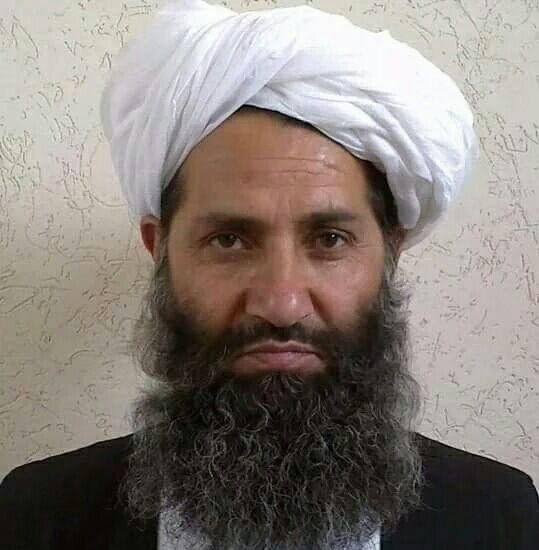The decree of the Supreme Leader also called on the Islamic Emirate forces to respect the general amnesty. A statement of the Islamic Emirate leader, Mawlawi Hibatullah Akhundzada, said allegations against officials of the Islamic Emirate that lack proof are forbidden.
The statement, issued by Islamic Emirate spokesman Zabiullah Mujahid, said several Islamic Hadiths suggest that unproven allegations are considered lies and are worthy of punishment.
The statement said that it is the responsibility of all citizens and media organizations to bring this decree into effect.
“Based on Islamic values, making unnecessary allegations about officials and inaccurate criticism is not allowed, based on Sharia. There is no place for rumors in Islam because it causes hatred among the Muslims, it negates trust and affects morale,” the statement reads.
The statement said that the humiliation of Islamic clerics and government employees verbally, through body language or by any other means is not appropriate.
Meanwhile, analysts said a standard government should be flexible and accept criticism.
“Indeed, criticism has its benefits as well. Criticism can cause reform in the system, it can cause the strengthening of the government. Unfortunately, I found this statement very serious and this could be for those people among the Taliban who made remarks about the girls’ schools in recent days,” said Torek Farhadi, a political analyst.
“National freedom, civil freedom, legal explanation and criticism, which improve the system, should have the people’s support,” said Najibullah Jami, university instructor.
The decree of the Supreme Leader also called on the Islamic Emirate forces to respect the general amnesty.—Tolo News










